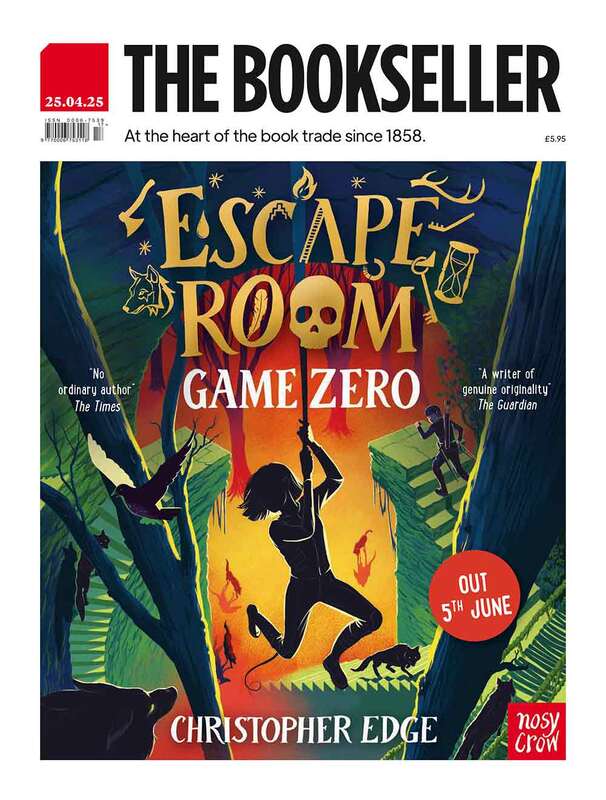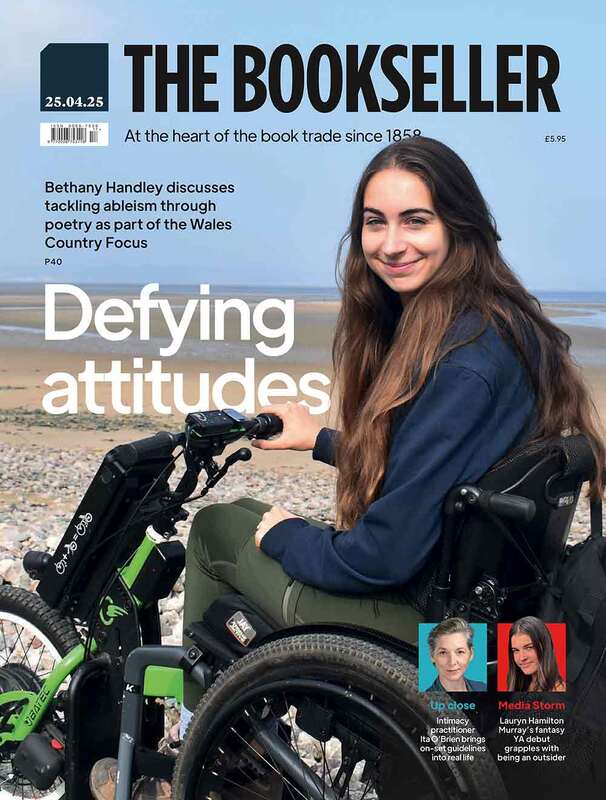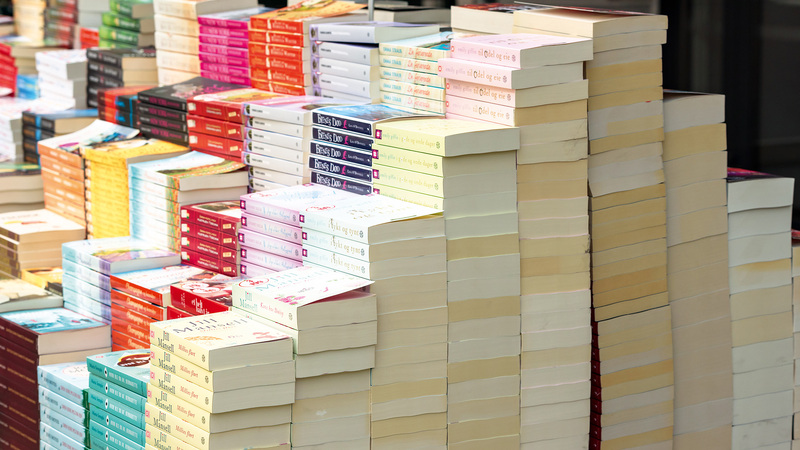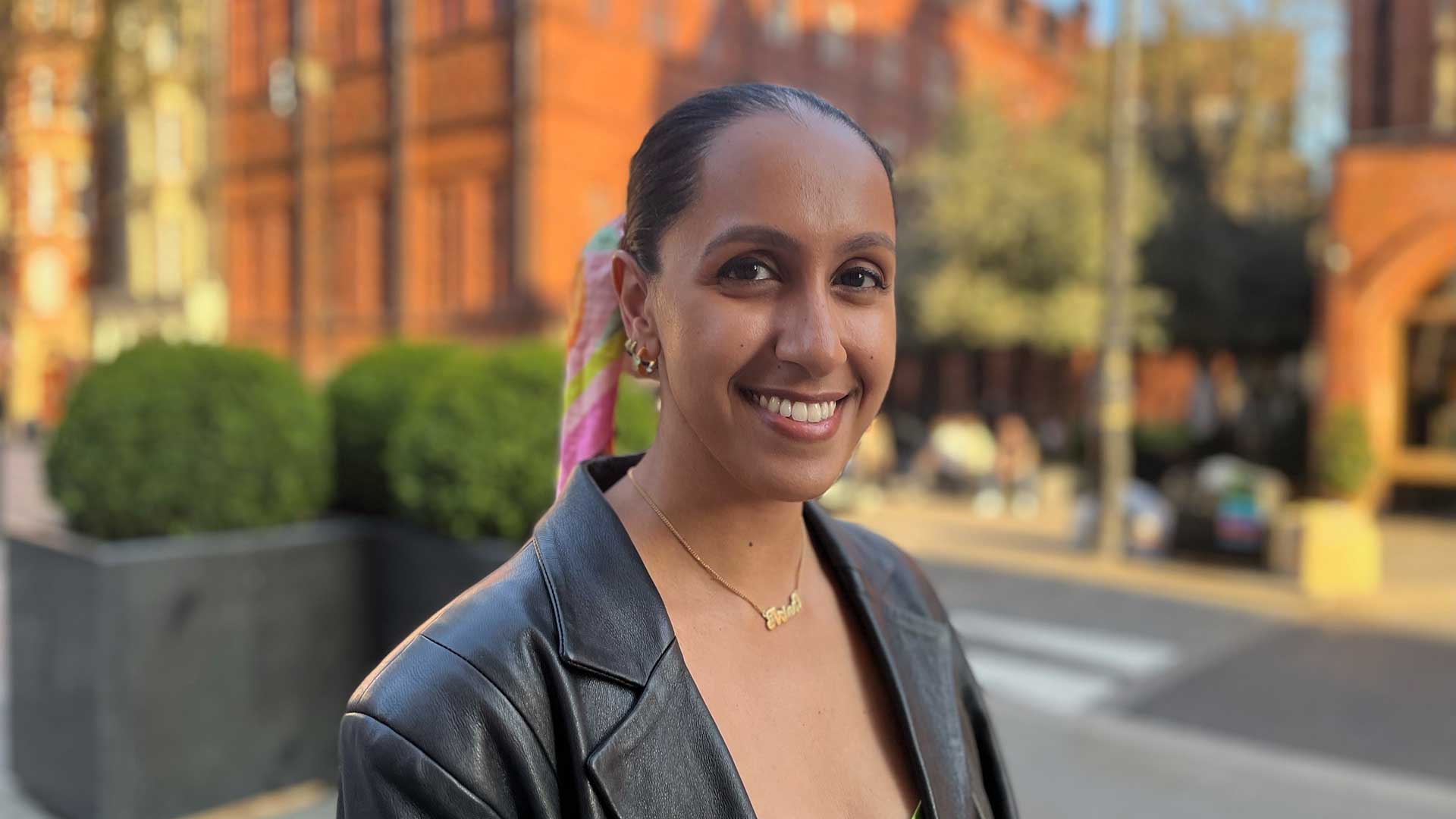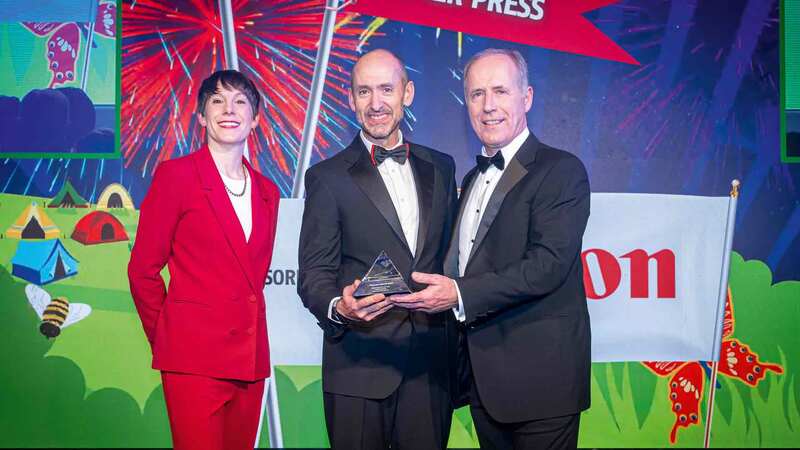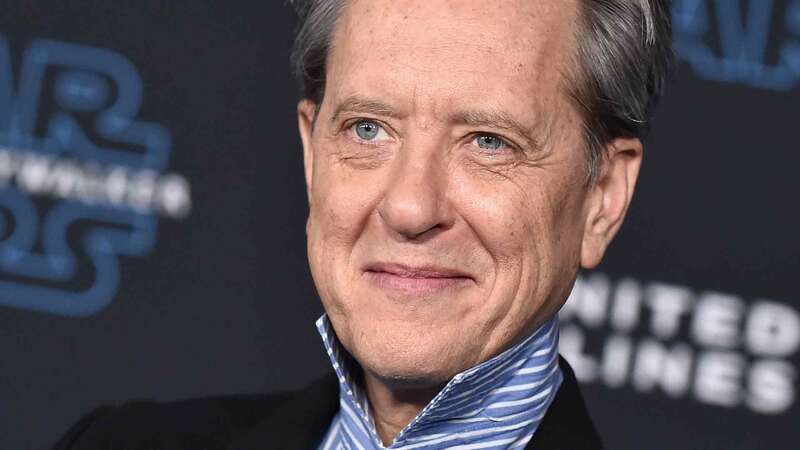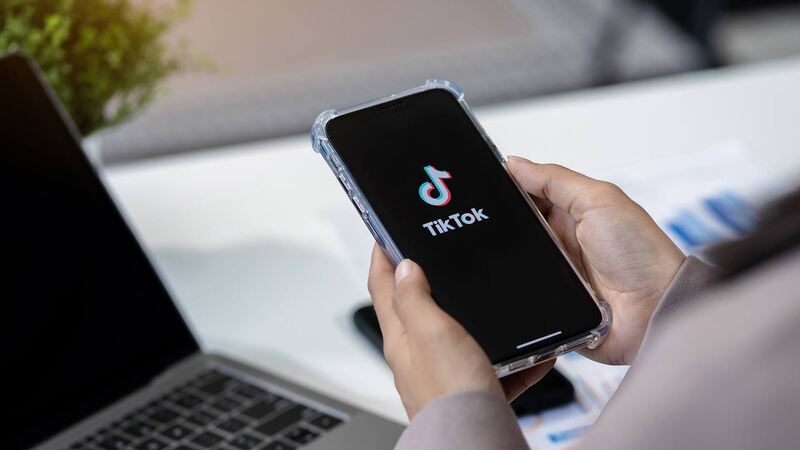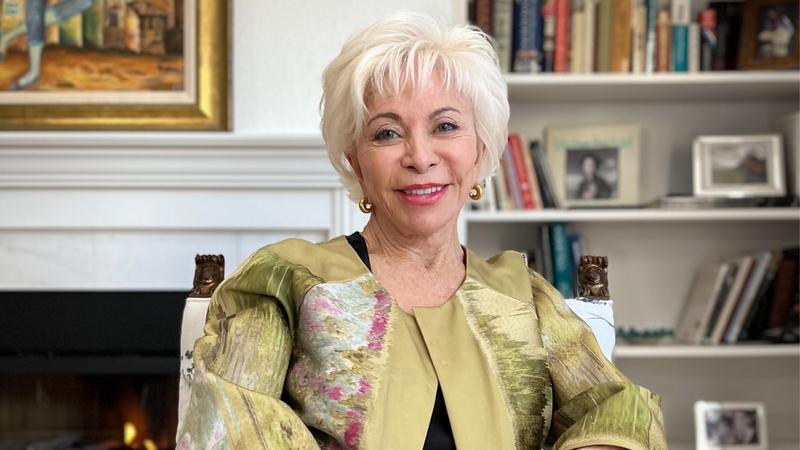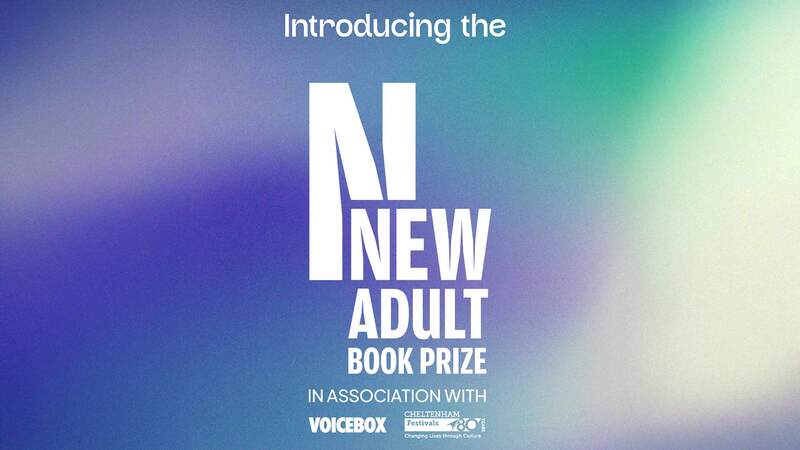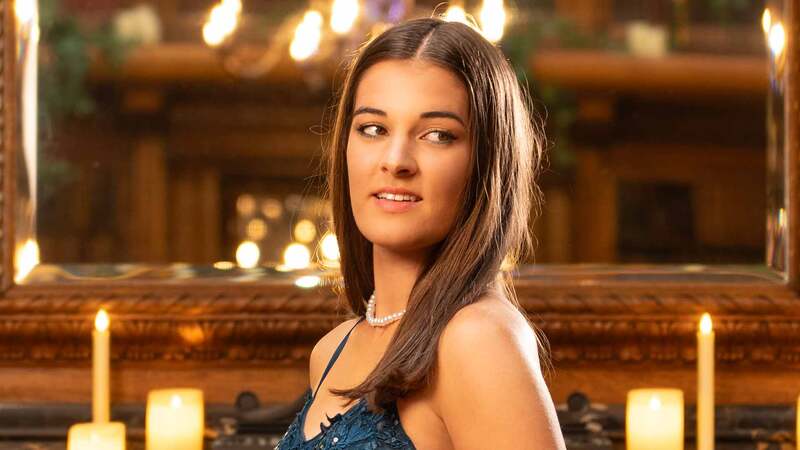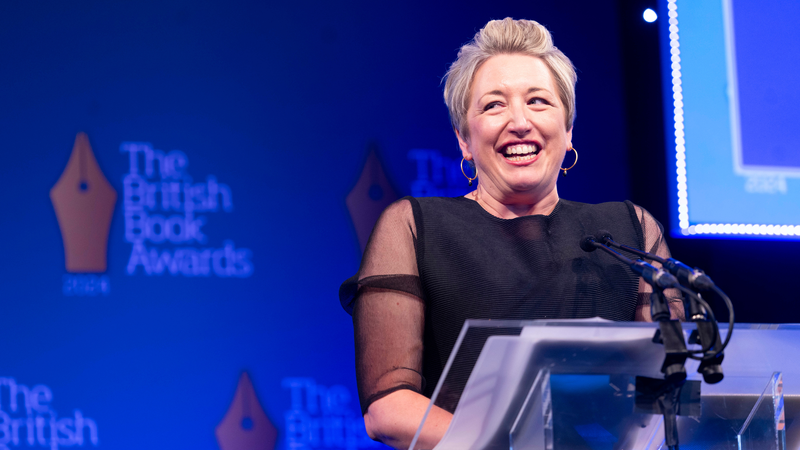You are viewing your 1 free article this month. Login to read more articles.
Mantel, O'Farrell and Atwood announced for Hay Festival Digital
Novelists Hilary Mantel, Maggie O'Farrell and Margaret Atwood are among the list of big-name writers and thinkers taking part in the first fully digital Hay Festival.
The physical event was cancelled earlier this year due to the Covid-19 crisis and has now been whittled down from the original 700 events to around 65 that will be broadcast online via the Crowdcast platform..
Running from 18th to 31st May, the bill also includes novelists Anne Enright, Ali Smith and Elif Shafak, historians William Dalrymple and Greg Jenner, and Nobel Prize-winning physicist James Peebles. Elsewhere on the line-up the coronavirus crisis takes centre stage in a discussion with professor of immunology Daniel Davis and Devi Sridhar, the global health expert who delivered a prescient festival event two years ago predicting the pandemic.
Director Peter Florence said: “What we've done is try to keep the spirit of Hay, the inquiry, the conversation, the dialogue. Some of our programming has shifted directly to talk about renewal and the medicine and the economics and the social impacts of this extraordinary virus. And some of the festival is retaining what we would have been talking about anyway which is, as ever, about life and death, about nationality, about humour, about resilience. We have, as ever, some of the world's greatest storytellers and idea forgers coming to join us."
After the original festival was cancelled, Hay launched a crowdfunding campaign to help cover the money it had already spent on things like festival infrastructure. Florence said the crowdfunder had raised around £98,000 with a parallel, ongoing fundraising drive attracting £140,000 from private donors. Around 52,000 people donated back their ticket refunds while “heroic” sponsors like Baillie Gifford had stuck with the festival.
Nevertheless, Florence said his team had faced a huge challenge, moving from being an events production company to a digital broadcaster, but that he was confident it would be a success.
He said: “Success would be that we continue to contribute to the conversation, that we introduce voices who are maybe, if not marginalised, not heard enough, and that we share stories and find a place, a platform, for people to connect. So much of Hay is about the dialogue with the audience and this year we're not limited to the 1,700 people who get into the Baillie Gifford tent. We can welcome people from everywhere.
“We want to be realistic. Audiences in four figures are an a amazing success online so we're hoping that we can reach many, many, many people but we're going to be taking it step by step. And because we run festivals all around the world this is the first of five festivals that we might have to do this way over the next nine months and we're hoping that whilst there will be a live element to all of them this digital platform will be something we can build on in order to share the content and in order to get the message out from these writers as widely as possible.”
Each day will begin from 23rd May around 11.30am with a series of 35 to 40 minute events running until 8.30pm or 9pm. The events will be free to the public and writers are paid for their appearances, although Florence revealed some had offered to donate back their fees because of the “financial peril” the festival faced.
What would have been the Hay Festival Programme for Schools will also take place online, kicking things off with five days of storytelling and live performances for KS 2, 3 and 4 pupils learning at home, from 18th May to 22nd May.
Florence said some of the line-up might never have been secured if the festival wasn't happening digitally. An event marking 250 years since the birth of Wordsworth, for instance, includes Simon Armitage, Margaret Atwood, Benedict Cumberbatch, Monty Don, Stephen Fry, Tom Hollander, Toby Jones, Helen McCrory, Jonathan Pryce and Vanessa Redgrave.
Florence said: “There have been some big wins and there have been some people who had to pull out of the festival who weren't comfortable with travelling when we were still considering a live festival.”
However, he added: “We've had some exciting opportunities but there's a tonne of stuff that we will miss and part of my regret is that we can't provide the amplification for all those brilliant books that would have been published by the British publishing industry this spring, although we are going to be partnering with Waterstones online and lots of independent booksellers all across the country.”
Although the virtual festival has thrown up some interesting opportunities, Florence predicted people would still want to attend a physical one again once the crisis ends.
He said: "My hope is that, however digitally connected we are, there is still an absolute value to sitting round the fireside or the picnic rug and being face to face. The festival is the very opposite of social distancing. Some social distance can be collapsed through digital technology but the being in the room thing, the face to face, skin to skin, my mouth to your ear, and the reciprocity of that, that's never going to go away.
“When we get an answer to this separation we're going to come back together with joy, with great whooping and hollering and delight and being in a room together. But until then our green field is this digital version.”

